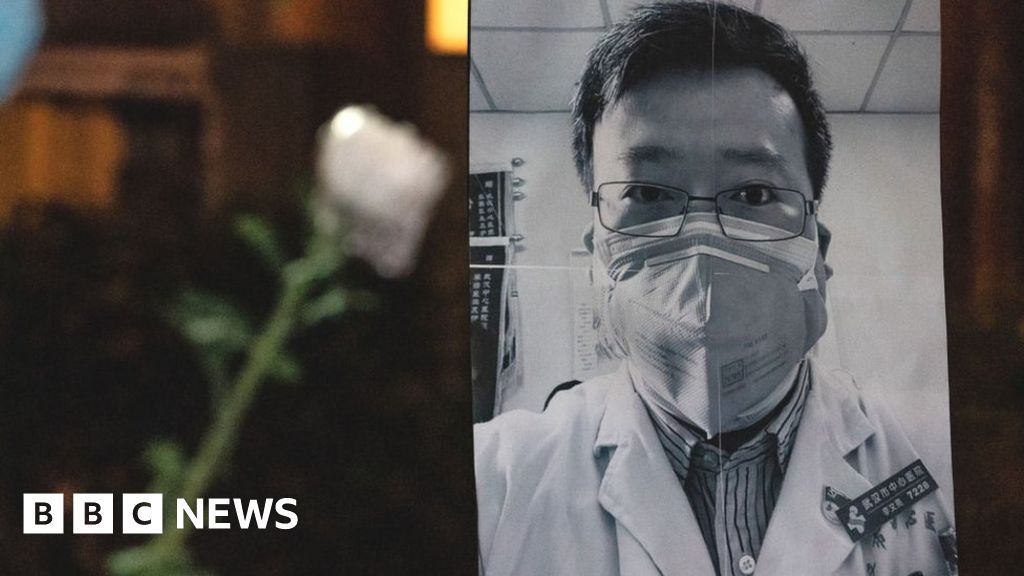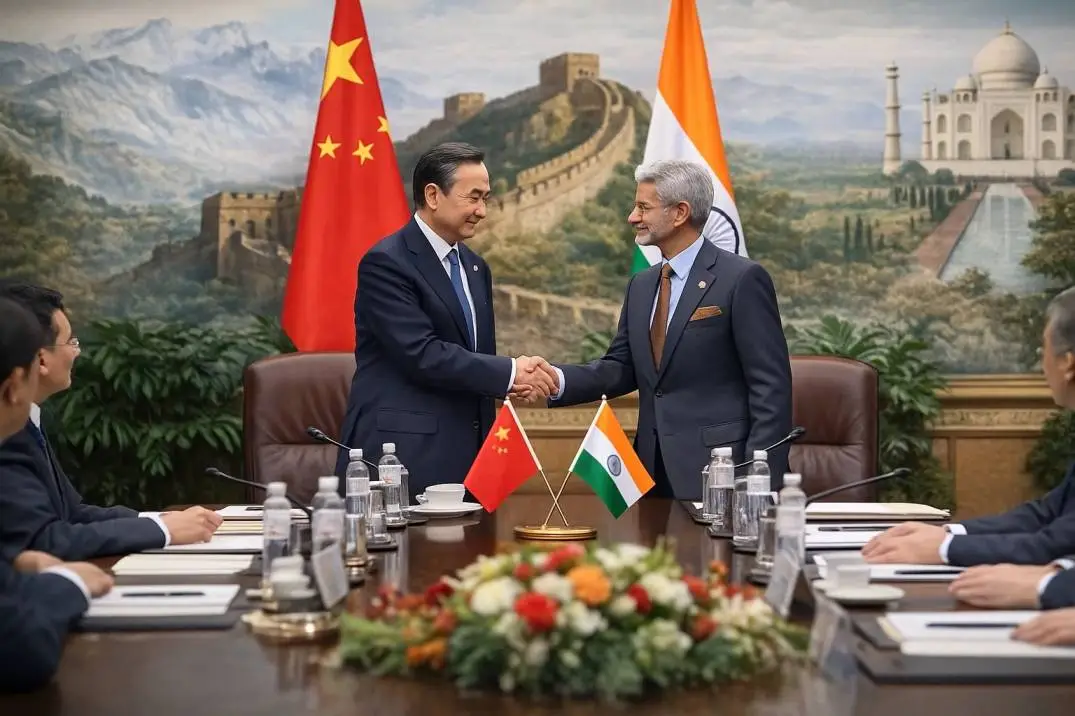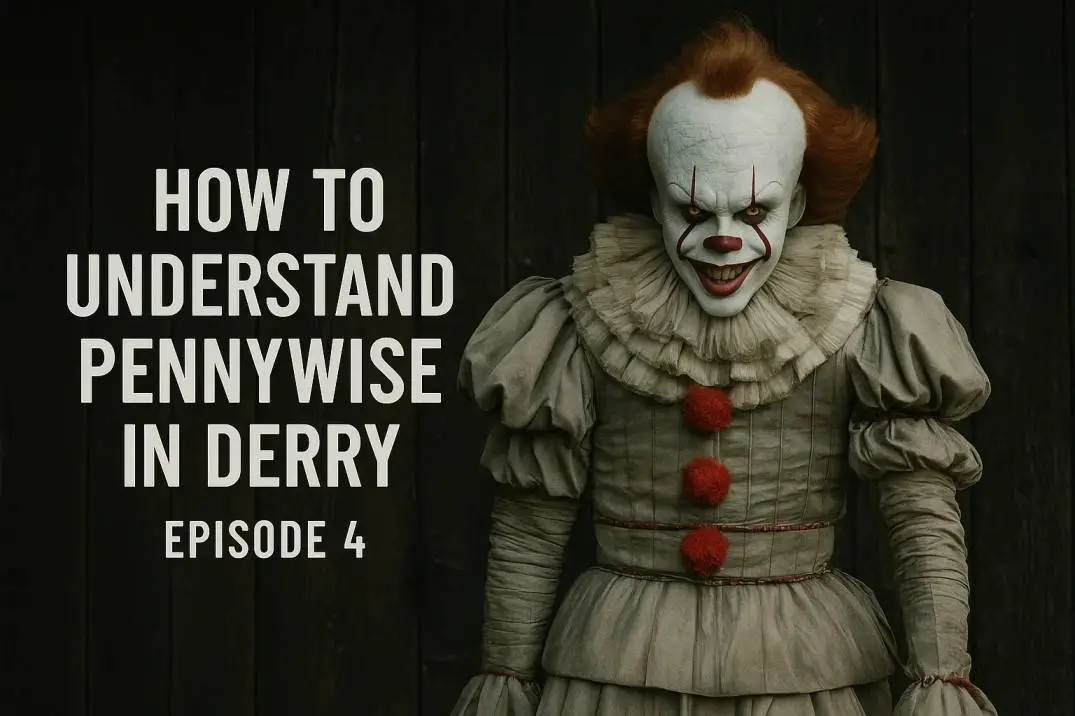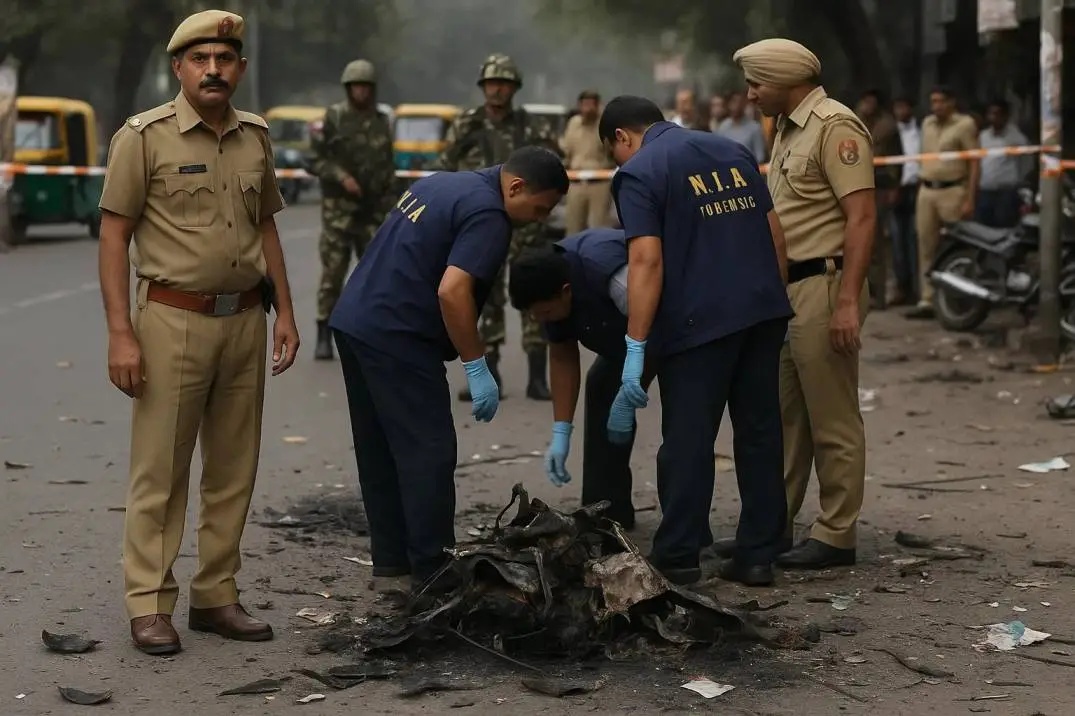
Li Wenliang: 'Wailing Wall' for China's virus whistleblowing doctor
"It rained again today. It's been raining heavily these past few days. If only you were here to see it."
This message is one of millions posted on the Weibo page of the "whistleblower" Chinese doctor Li Wenliang over the past few months.
Dr Li was an eye doctor at a hospital in Wuhan - the city that was once the epicentre of China's coronavirus outbreak.
Last December he sent a private message to fellow medics warning them of a virus he was seeing in his hospital that looked a lot like Sars, the coronavirus that ravaged China in 2003.
His message was shared online, and shortly after he was investigated by police for "spreading rumours" and told to "stop making false comments".
But to many, Dr Li was a hero - the man who attempted to warn others what was coming.
When he died of Covid-19 in early February, hundreds of thousands of people turned his Weibo page into a rare swell of public anger, some even calling for their fellow citizens to "rise up".
The hashtags "Wuhan government owes Dr Li an apology" and "We want freedom of speech" started trending - and were promptly censored.
From anger to safe space
It is not uncommon for social media users on Weibo to leave well wishes on the pages of those who have died, but it's usually celebrities.
And the messages don't usually stretch on for months. But for Dr Li they have, pouring in from all walks of life - students, doctors, even public security staff.
Angela Xiao Wu, an assistant professor in Media, Culture and Communication at New York University, said the "deep fear and anxiety" among the public was "clearly evident in the first wave of comments".
"In the first weeks as Covid-19 rampaged the country, anger about the local government's cover-up and what it seemed to reflect about China's political system dominated public sentiment," she told the BBC.
As China began testing millions and putting many more into quarantine, it appeared to be taking steps to get the outbreak under control - and some of this anger subsided, or came under tighter control.
"The initial burst of anger took place during a time when media control relapsed significantly in China, when multiple major outlets were able to conduct critical investigative reporting. But this window closed relatively quickly as the virus came under control," said Professor Wu.
It helped that the public began learning more "about the debacles and failures in handling and containing the virus in Western countries", she added.
And the comments on Dr Li's page began to change too, shifting to the everyday troubles people faced.
People coming online at the start of the day would visit his page to wish him good morning, give him updates on the weather or to share goings-on in their personal lives.
It became a sort of safe space, a journal for a traumatised country.
"Good morning Dr Li, I've got an English exam tomorrow. I hope I get full marks," wrote one commenter.
Last week, Dr Li's social media page was swamped with millions of messages from well-wishers, after the birth of his second child. Many said they hoped the boy would "carry on his legacy".
"Congratulations Dr Li! I hope the baby will grow up to a good man just like his dad," said another.
'Wailing Wall lasted four months'
Even the trivial posts were meaningful, said Professor Wu.
"Mundane reflections and simple greetings as the way to commemorate Dr Li, though different from expressions of anger and indignation, contain their own power to keep the memory and dissonance alive," she said.
"[It] forms a sense of communal solidarity that is really outside of the official norm that calls for solidarity around images such as national prowess."
Over the past weekend, though, people noticed that these messages were disappearing.
When the BBC checked on Saturday, there were only a few hundred posts left on Dr Li's own most popular post, announcing his diagnosis. Messages appeared to be being periodically wiped - even fewer comments remained an hour later.
Some on Weibo said they could only access messages from that day, others said some messages had been restored - but most people were just left confused.
China does routinely censor comments on social media, but there was shock and anger at these apparent deletions - as even innocuous posts were wiped from the page.
People have compared his page to the Western Wall in Jerusalem, formerly known as the Wailing Wall - a relic from the time of an ancient temple and at which Jews still pray and leave prayers on paper in its cracks.
"The Wailing Wall in Jerusalem has lasted for more than 2,000 years," one user wrote. "The Chinese Wailing Wall lasted for four months."
On Saturday, Weibo posted a statement denying it had mass deleted posts. It said some upgrade work to improve moderation had affected some of the posts, and that as so many people rushed to Dr Li's page to see what was happening, the computer algorithm thought they were bots, so would not allow them to leave more comments.
By Monday, many comments had indeed returned, but the episode appeared to have galvanised support for Dr Li.
One commenter called the page "most precious spiritual legacy left by Dr Li to future generations". It must be kept alive, they said, "today, tomorrow, this year, next year".
"They can take away our comments," wrote another, "but they can't take away our feelings".








